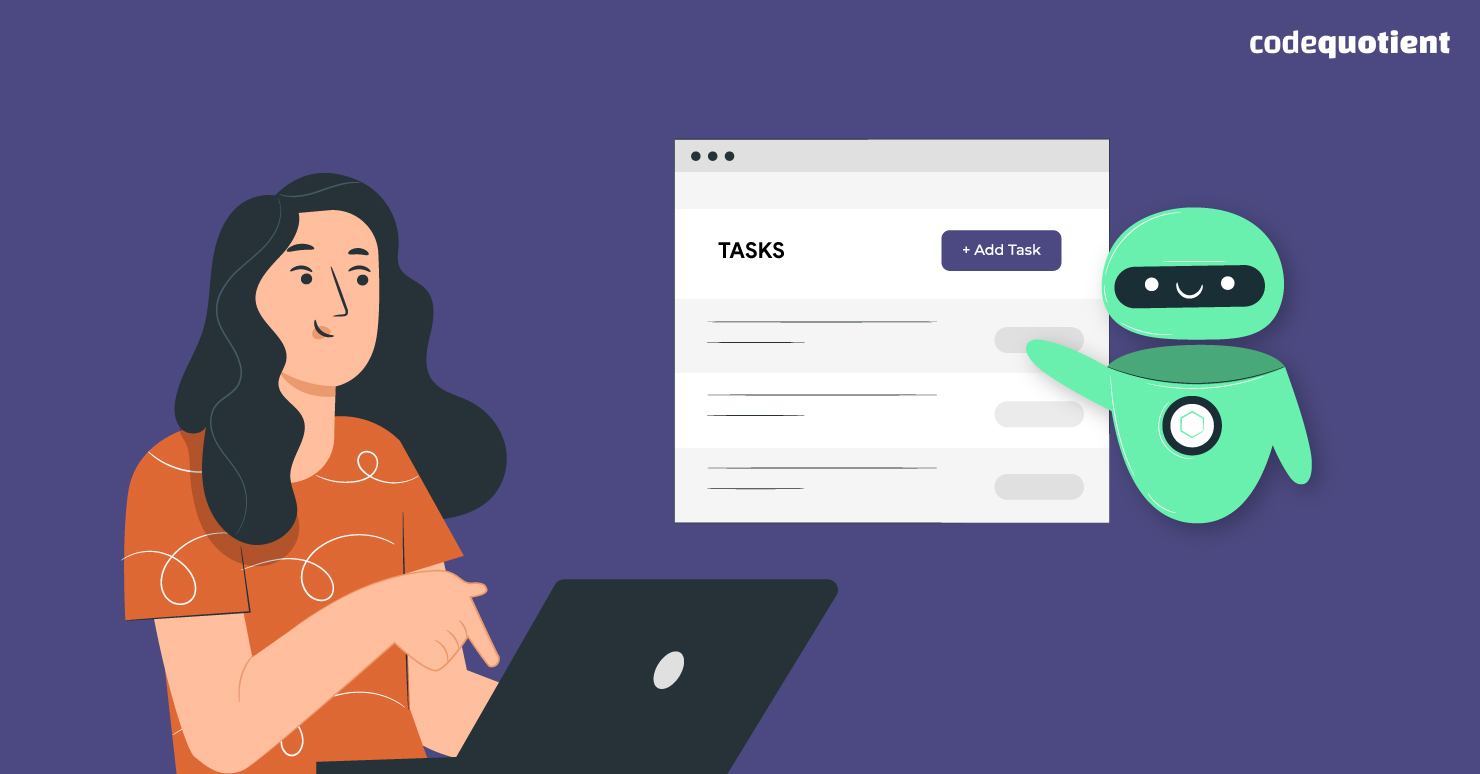As technology evolves, so do the needs of developers. Developer tasks, done manually, can be time-consuming and prone to errors in an industry where time is of the essence and accuracy is key.
However, with the emergence of artificial intelligence (AI), developers can now turn to automated solutions to streamline their workflows. One such solution is ChatGPT, a language model trained to process natural language and provide human-like responses.
This article will explore the benefits of using ChatGPT to automate and streamline developer tasks.
The Problem of Manual Developer Tasks
Manual developer tasks can be time-consuming and prone to errors. Some common manual tasks include:
- Writing code from scratch
- Debugging code line by line
- Manually creating test cases
- Writing documentation
- Scheduling tasks and managing projects
- These tasks can take up a significant portion of a developer’s time, reducing productivity and quality.
- Manual tasks can also be tedious and repetitive, leading to burnout and dissatisfaction.
How to Use ChatGPT for Automating Developer Tasks
To make the most of ChatGPT, developers can use this powerful tool to automate many tasks. It is essential to follow a few key steps:
1. Identify the tasks that can be automated
Start by identifying the manual tasks that take a lot of time and can be automated using Chat GPT.
2. Choose the suitable model
Depending on the task you want to automate, you may need to choose a specific model or fine-tune an existing one. For example, you may need to fine-tune a language-specific model to generate code.
3. Train the model
Once you have chosen the suitable model, you must train it on a large dataset of examples. This will help the model learn the patterns and structures of the task you want to automate.
4. Integrate the model
Once trained, integrate it into your workflow. This may involve writing code to connect the model to your existing tools and systems.
Automating Developer Tasks with ChatGPT: 5 Benefits
There are several benefits to automating developer tasks with ChatGPT:
1. Speed
ChatGPT can perform tasks much faster than humans, making developers more productive.
2. Accuracy
It is less prone to errors and can ensure consistency across different tasks.
3. Eliminating repetitive tasks
By automating repetitive tasks, developers can spend more time on more complex and creative work.
4. Error detection
It can help quickly identify errors and bugs, leading to higher-quality code and fewer issues.
5. Convenience
ChatGPT allows tasks to be scaled up or down depending on your needs.
ChatGPT Use Cases in Automating Developer Tasks
In this section, we’ll discuss some common use cases of ChatGPT in automating developer tasks.
1. Code Generation and Auto-Completion
ChatGPT can generate code snippets and auto-complete code blocks based on the input provided by the developer, speeding up the development process and reducing errors.
2. Debugging Assistance
It can assist in identifying and resolving code errors by analysing the code and providing suggestions for improvement.
3. Natural Language Processing and Translation
ChatGPT can help process and translate natural language commands into executable code. This can make writing code easier for developers who must become proficient in a particular programming language.
4. Test Case Generation and Test Suite Optimisation
ChatGPT can generate test cases and optimise the test suite to ensure maximum code coverage and minimise the chances of errors.
5. Documentation Generation and Management
It can generate documentation based on the code and provide suggestions for improving the documentation. It can also help in managing the documentation and keeping it up-to-date.
6. Project Management and Task Scheduling
ChatGPT can assist in project management by suggesting task scheduling and resource allocation. It can also automate routine tasks such as code reviews and testing.
Some Limitations of Using ChatGPT for Developer Tasks Automation

Although ChatGPT has excellent potential for automating developer tasks, certain limitations and challenges are associated with its use. Here are some key challenges and limitations of using ChatGPT for automating developer tasks.
- ChatGPT requires a large and diverse dataset to perform well. The model’s output can also be biased if the dataset is biased.
- It requires access to sensitive information such as code and data, which can pose security and privacy concerns if the model is improperly secured.
- The complex technology demands significant resources such as computational power and storage.
- ChatGPT may not be compatible with existing software tools and systems, which can pose integration challenges.
Overcoming the Challenges of ChatGPT-Based Automation of Developer Tasks
To effectively utilise ChatGPT for automating developer tasks, overcoming the challenges and limitations associated with its use is essential.
Here are some strategies for overcoming these challenges:
- Collect diverse and representative datasets to overcome limited dataset and bias challenges.
- Restrict data access and use encryption and access controls to ensure data security and confidentiality.
- Use human-in-the-loop validation and correction processes to address the dependence on high-quality inputs.
- Utilise cloud-based and distributed systems to address technical complexity and resource intensiveness challenges.
- Leverage standardisation and interoperability protocols to address integration and compatibility challenges.
Final Thoughts
Adopting ChatGPT in developer workflows can be beneficial. Organisations should explore the various use cases and best practices for their implementation.
Future developments in ChatGPT technology will continue to expand its capabilities and make it even more useful for automating developer tasks.
The Software Engineering Program (CQ-SEP) by CodeQuotient is an excellent opportunity for learners to earn while they study. They can also gain practical work experience by collaborating with top tech firms for up to two years along with a UGC-recognised degree. It is ideal for those who want to pursue a career in software engineering after completing their 12th.
Also, CS graduates can pursue SuperCoders Program, a three-month-long internship for detailed project-based learning and build an impressive portfolio.
Talk to us to learn more!




